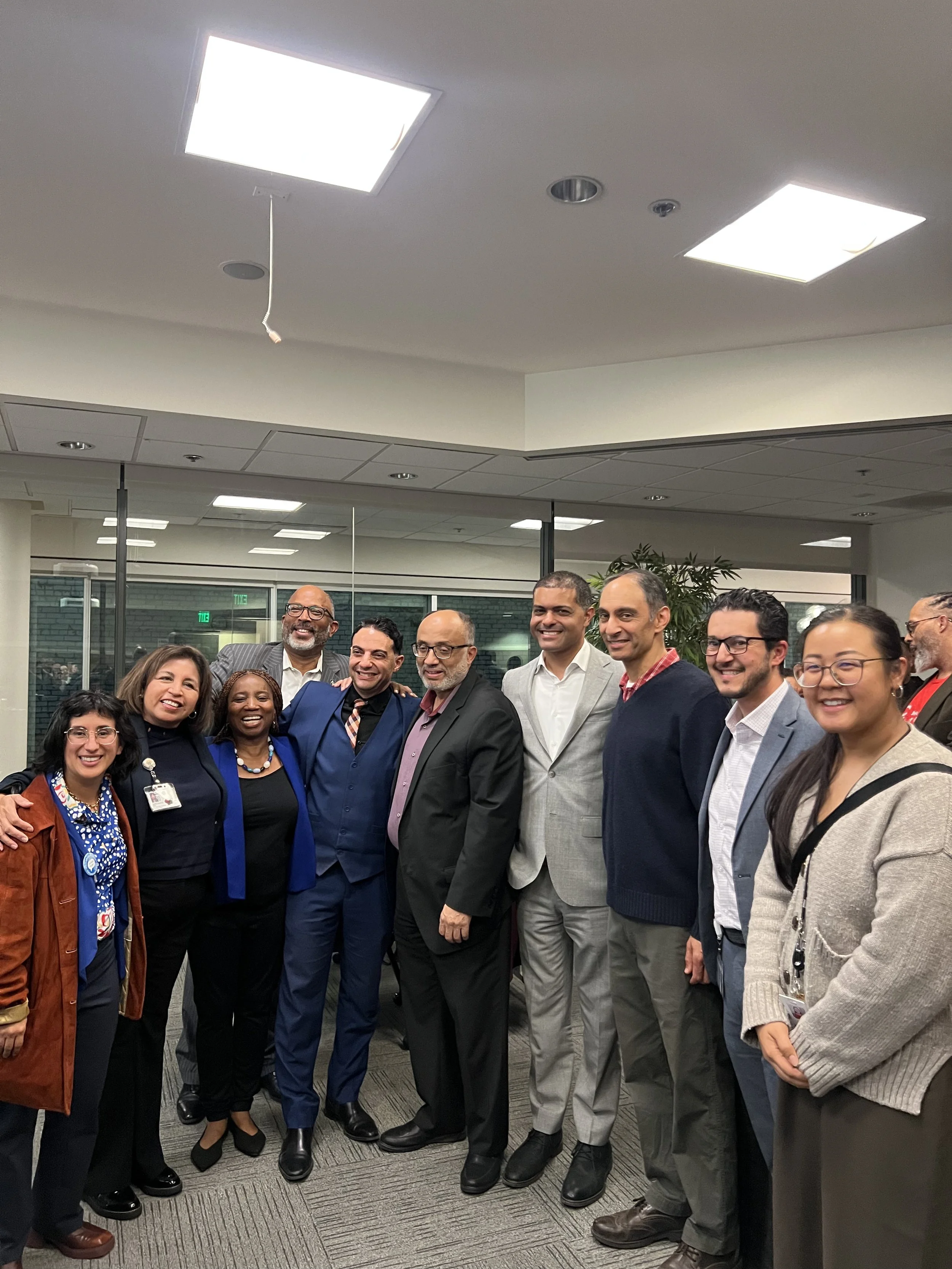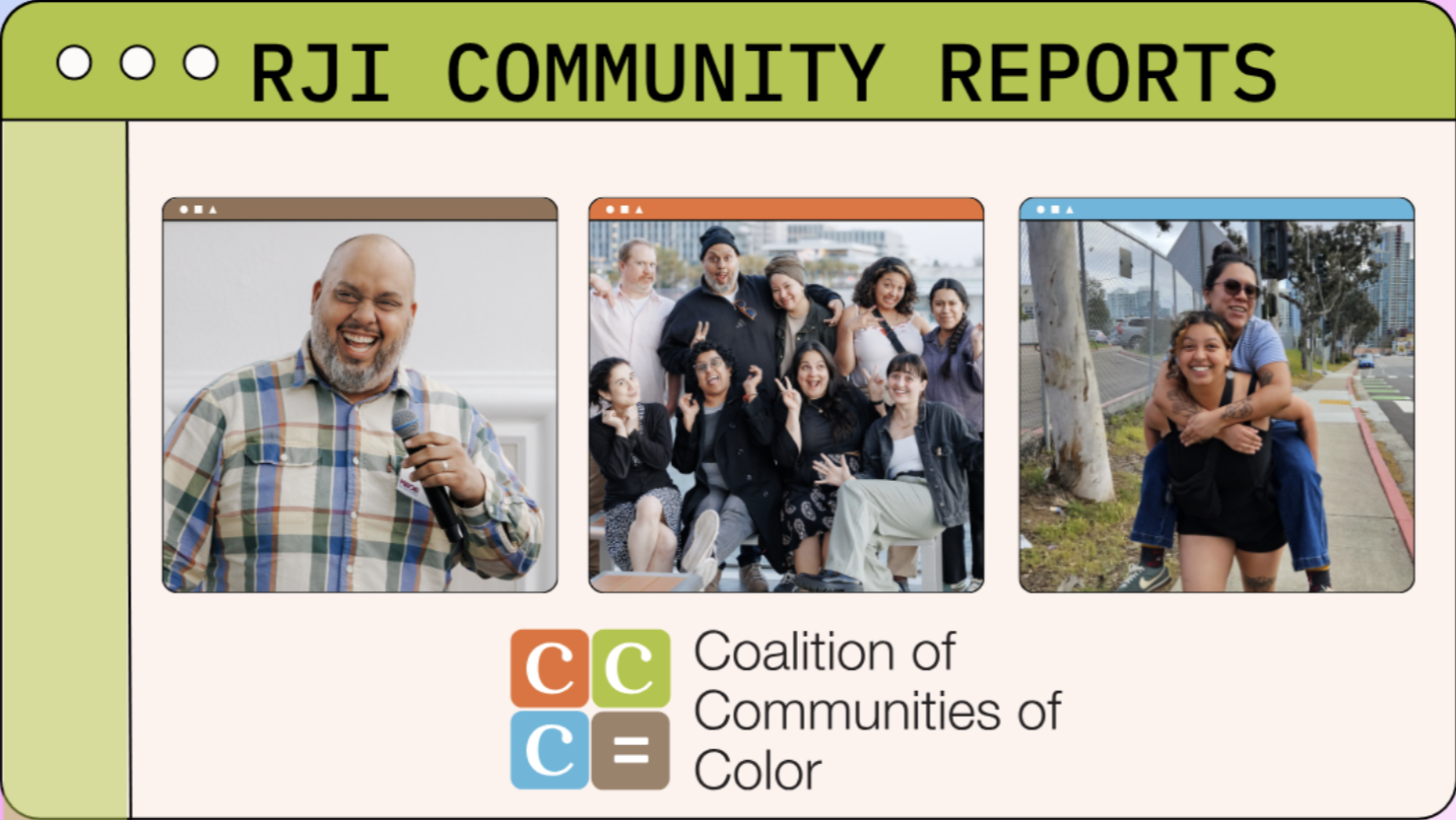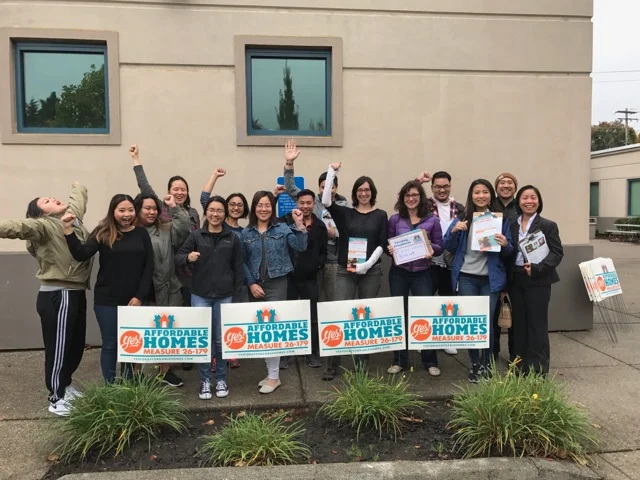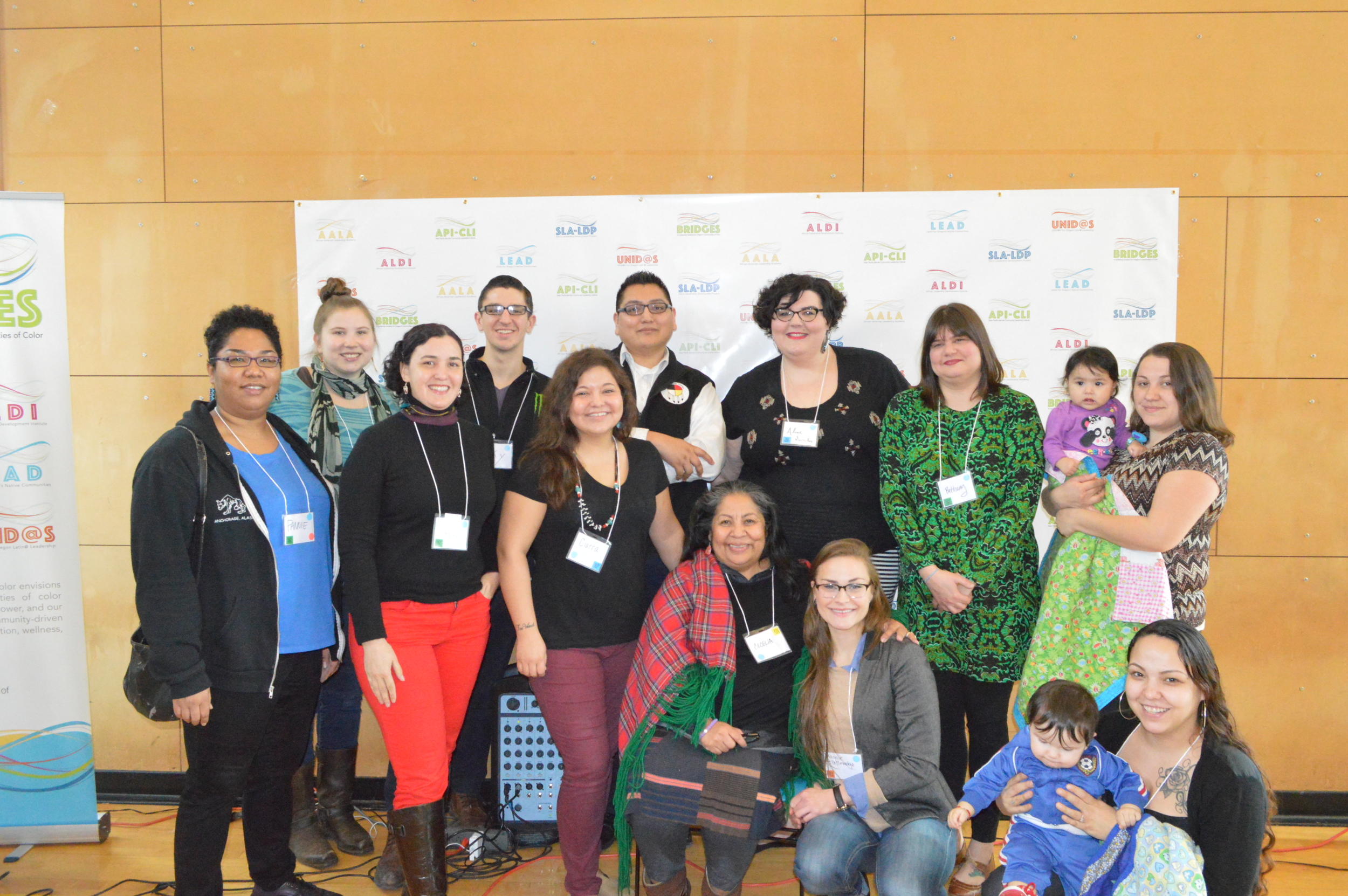This year, the Coalition of Communities of Color (CCC) hired an Advocacy Director to increase our ability to impact change locally and in the upcoming legislative session. That change started with the 2016 election. In the 2016 election cycle, the CCC:
Endorsed five ballot measures aimed at improving the lives of people of color in Oregon.
Produced a 2016 voter issue guide to help inform voters of key ballot measures that impact communities of color.
Collaborated with each campaign to turn out volunteers, organize canvasses in communities of color, get the word out in the media, and provide guidance on campaign strategy.
While we know the result of the national election will create new challenges, locally we were successful on 4 out of 5 CCC ballot initiative priorities. These local victories will give more families access to safe, affordable homes, improve our schools, and protect our natural areas. Also, we saw new levels of engagement in communities of color that will set the stage for future success on the ballot.
Even during elections, we know that our work on other issues impacting communities of color does not stop. Since the passage of HB 3499 (English Language Learners programs), the CCC has worked diligently with our allies to develop rules for the new law that will lead to better implementation and ultimately outcomes for English Language Learners (ELL). This week, the State Board of Education adopted many of our proposed rules thanks to the incredible advocacy of our allies in the ELL Advisory Workgroup.
Earlier this month, the Portland City Council passed the Open & Accountable Elections Act, which will enact a new public campaign financing program that matches low dollar donations given to candidates. The CCC and our member organizations helped lead the way to pass this important reform, working with a local coalition of over 30 organizations. Check out this op-ed written by Julia Meier and Joseph Santos-Lyons to learn more about how it impacts communities of color.
This new law will create more opportunities for diverse representation in Portland city government. The program empowers candidates to run for office without taking big campaign contributions. Instead, candidates can run with small-dollar contributions from local city residents that will be matched 6-to-1 by the city. In a city where only 7 women, 2 people of color, and 2 people from the outer east side have ever been elected to city office, and at a time when big special interest money is dominating our elections - this is huge victory for our communities.
As the CCC prepares to announce our 2017 legislative endorsements, we will continue to work hard to engage the community and create opportunities to advance racial equity in Oregon.





















